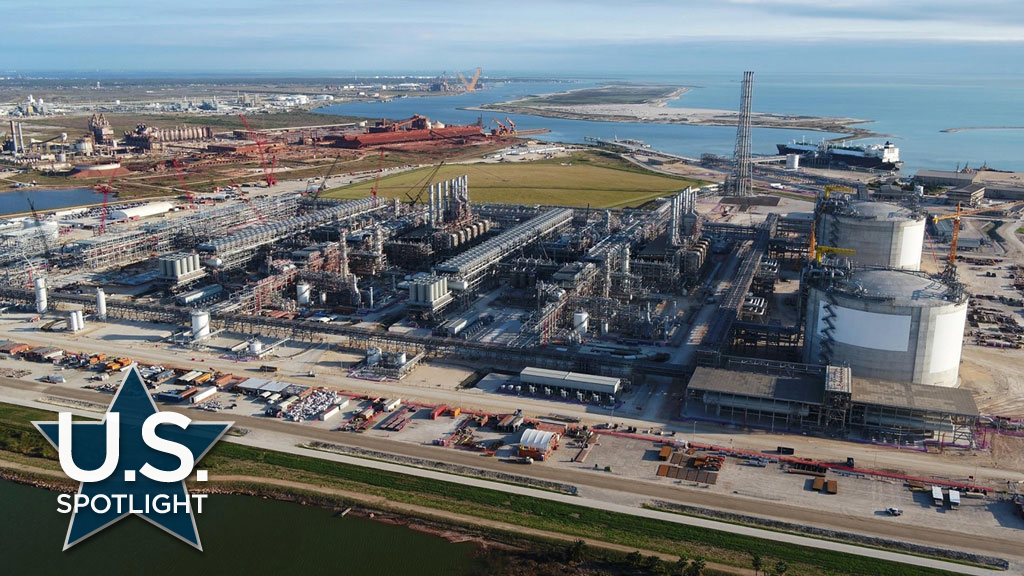Texas has been the beneficiary of outstanding economic and population growth for the past several decades. It isn’t solely due to the attraction of a warm climate. Much is due to its tax regime.
Employers in the state promote the complete absence of personal income tax to lure workers. Texas is one of only eight U.S. states with no personal income tax. In fact, it is banned under the Texas Constitution.
However, funding for road management, public safety and schools has to come from somewhere. In Texas, this means property taxes for individuals and businesses rank among the highest in the country. Tax appraisals are conducted annually. During the recent period of increased property values, home property assessments in 2021 increased as much as 53 per cent in some counties.
However, Texas has had an ace up its sleeve that has mitigated high property taxes for new and expanding businesses. In 2001, the state’s Economic Development Act allowed public school districts to offer tax incentives for businesses investing in their communities, freezing commercial property assessments for a period of 10 years. It’s called Chapter 313.
It has worked. Since 2001, over 630 companies have taken advantage of Chapter 313. However, it’s due to expire on Dec. 31 and there is nothing to take its place.
With the clock ticking, hundreds of companies have filed Chapter 313 applications, hoping to beat the deadline. With less than 48 approvals so far this year, most will fail to be approved in time. Other applicants have simply made other plans.
Notably, Micron Technology had eight 313 applications in process, citing the incentives as “the determining factor” for a proposed $80 billion new facility investment. It has since decided to build in New York State rather than Texas. New York State has offered Micron $5.5 billion in tax breaks for locating in their state, the largest economic development deal in its history.
Among the commercial sectors that have taken advantage of Chapter 313 since 2001, few have been as high profile as technology and renewable energy. Tesla and Samsung’s manufacturing facilities and HIF Global’s $6 billion “green gasoline” initiative called Project Helix jump immediately to mind.
Chapter 313 has not been without critics, however. For example, according to a study commissioned by the Coastal Alliance to Protect Our Environment, Chapter 313 has cost taxpayers in the coastal counties of Corpus Christi, Nueces and San Patricio alone nearly $2.47 billion in tax revenue.
Others say some project applicants simply lock away their approved tax breaks or sell them off. Nathan Jensen, professor in the department of government at the University of Texas at Austin, was quoted by inferese.com claiming, “They create an LLC, apply for the 313 for wind or solar or other renewables, and then they can sell that LLC along with the 313 to a developer.”
Supporters of using tax incentives like Chapter 313 to lure businesses to Texas would like to see a more transparent successor.
Texas House Speaker Dade Phelan recently told the Texas Tribune, “We have to take a long, hard look at how we’re going to re-establish the Chapter 313 tax agreements. We’re going to come back and we’re going to work well together, the House and the Senate. We’re going to have a version of 313s that are more transparent, with more accountability, more oversight. I firmly believe we can get that done.”
He added Chapter 313 has “served this state very, very well,” noting how it has spurred the growth of the oil industry in his southeast Texas district.
In an Oct. 5 op-ed published by the Texas Insider, Texas Association of Business CEO Glenn Hamer wrote, “Contentions by those who claim that an incentive program is not instrumental in luring companies to the Lone Star State miss the mark. While incentive programs are not always the deciding factor when it comes to a company deciding to relocate or expand, there is no doubt it is one of the most important pieces of the pie.”
The trick will be to find incentives that balance the public funding needs of rural counties, often the sites for major industrial expansion, with something attractive and meaningful for businesses. In the meantime and with the new Federal Inflation Reduction Act promising the repatriation of key industries from abroad, Texas is now in competition with all other states for investment representing billions of dollars without a proven tax incentive program in place.







Recent Comments
comments for this post are closed